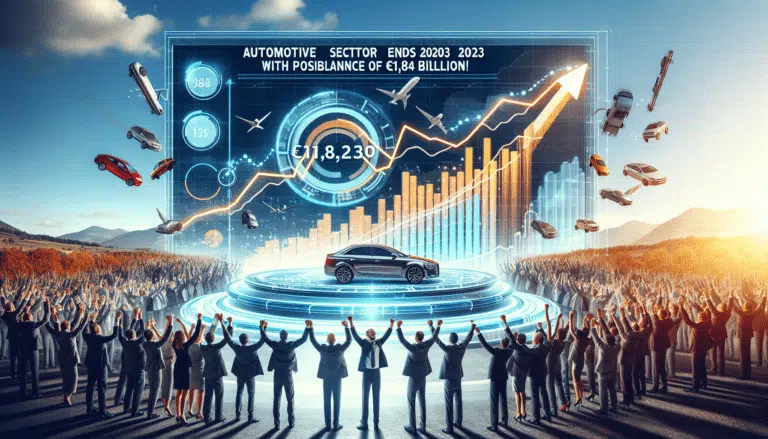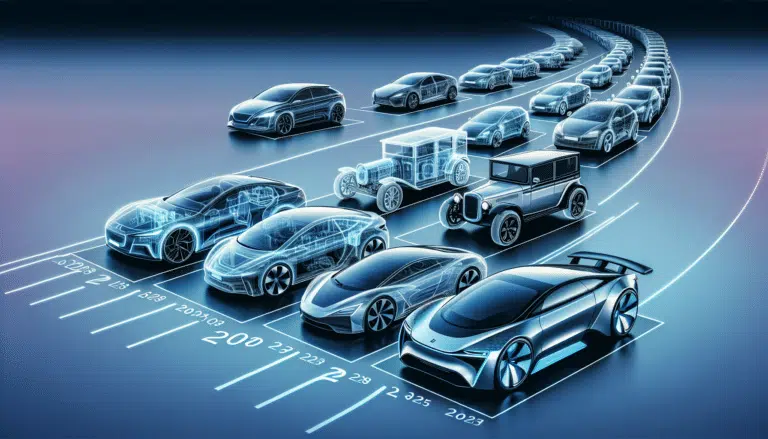Consejos para evitar el ralentí innecesario del motor
The unnecessary idling of the engine is a common practice among drivers that, although it seems harmless, can be very detrimental both to vehicle performance and to the environment. Every time the engine is left running unnecessarily, a significant amount of fuel is wasted, and pollutant emissions are generated that affect air quality. Therefore, it is essential to adopt effective strategies that allow us to avoid this situation and optimize the vehicle’s operation. Below, some practical tips will be presented to reduce idling and contribute to a more sustainable and efficient use of energy on our roads.
The unnecessary idling of the engine is a common practice that not only increases fuel consumption but can also be harmful to the engine’s health and the environment. This article will offer a series of practical tips that will allow you to avoid excessive idling, thereby improving your vehicle’s efficiency and contributing to a more sustainable driving.
Understanding Idling
Before delving into solutions, it is important to understand what idling is. This term refers to the engine’s speed when the vehicle is running but stopped. During idling, the engine is functioning, wasting fuel and generating harmful emissions into the atmosphere. Therefore, it is essential to manage idling time properly to optimize the vehicle’s performance.
Turn off the engine during long stops
One of the most effective ways to avoid unnecessary idling is to turn off the engine if a wait of 10 seconds or more is anticipated. This is especially useful in situations like traffic lights or prolonged stops. By turning off the engine, a significant amount of fuel is saved, and engine wear over time is minimized.
Use idling reduction technologies
Modern vehicles are equipped with technologies that help reduce idling. For example, many cars have the Start-Stop system, which automatically shuts off the engine when the vehicle is stopped and restarts it when the accelerator is applied. Familiarizing yourself with these features can help improve fuel efficiency.
Keep your vehicle in optimal condition
Regular maintenance of the vehicle is essential for its proper functioning and fuel efficiency. Be sure to periodically check the oil level, tire pressure, and other vital components. A well-maintained engine will be more efficient and can minimize unnecessary idling time.
Plan your routes
To avoid idling associated with traffic, consider planning your routes more efficiently. Use navigation apps that show real-time traffic conditions. Changing your route can help you avoid congestion and, as a result, reduce the need to keep the engine running for extended periods.
Avoid unnecessary use of air conditioning
Excessive use of air conditioning not only increases fuel consumption but can also cause the engine to work harder than necessary, contributing to idling. Whenever possible, try to keep air conditioning use moderate and turn off the engine if you find yourself stopped for a long time.
The impact of cold and warming the engine
In cold climates, there is often doubt about whether it is necessary to warm up the engine before driving. According to experts, warming up the engine while idling can be counterproductive. The ideal approach is to drive gently and allow the engine to warm up while moving. You can read more about this topic at this link.
Use the engine efficiently
Driving efficiently is key to reducing fuel consumption and avoiding idling. Accelerate and brake gradually, and maintain a constant speed whenever possible. Additionally, avoid using maximum speed in urban areas where stops are frequent.
Adopt sustainable driving habits
Implementing sustainable driving habits not only benefits fuel consumption but also reduces pollution. Trying to carpool or use public transportation instead of driving every day can make a significant difference in fuel savings and reducing idling time.
Aware of the environmental impact
It is essential to be aware of how our decisions behind the wheel affect the environment. Reducing idling time not only improves vehicle performance but also decreases the carbon footprint. For more information on this relationship, you can visit this article.
Adopting these tips can result in more efficient fuel use, less wear on the vehicle, and better air quality. Every small action counts in the pursuit of a cleaner, pollution-free home.
Avoiding unnecessary idling of the engine is crucial not only to save fuel but also to contribute to a cleaner environment. This common practice may seem harmless, but it represents a significant waste of resources and translates into pollutant emissions into the environment. Therefore, it is essential to adopt habits that minimize idling time.
A key piece of advice is to turn off the engine when it is anticipated that the vehicle will be stopped for more than 10 seconds. This simple action can make a big difference in fuel consumption. For example, in traffic situations or prolonged stops, simply turning the ignition key can result in a considerable reduction in gasoline expenditure. Moreover, considering the rising cost of fuels, every saved liter counts.
Another effective strategy is to utilize the technology available in many modern vehicles, such as the Start-Stop system. This system automatically shuts off the engine when the vehicle stops and restarts it when the accelerator is pressed, helping to decrease unnecessary idling without the driver needing to intervene. Keeping this technology in good condition, along with regular vehicle maintenance, is essential to maximize its potential.
Finally, it is important to adjust driving habits to avoid idling. Prolonging the warming up of the engine while stopped is an obsolete practice, and instead, it is better to start driving gently after a few brief minutes of startup. By following these tips and promoting more responsible driving habits, not only is money saved, but a more sustainable future for everyone is also contributed.





